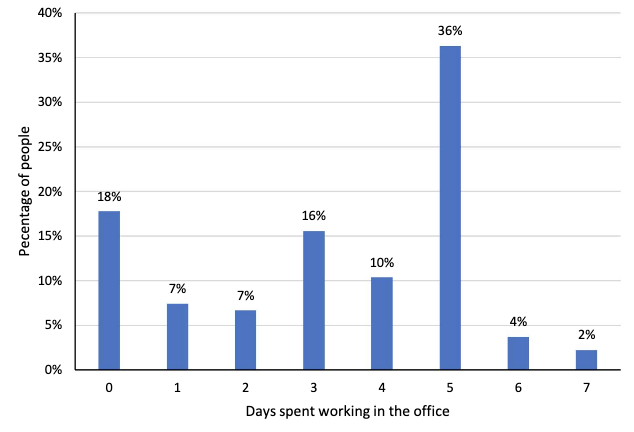A survey of 135 professional congress organizers around the world found an average wellbeing score of 69 out of 100 when they considered their work life, with a score of 50 being neutral. Further, planners ranked their ability to stay focused on what’s happening in the present—when not on-site for an event—at a 3.9 out of 5.
On the other hand, when asked how confident they are in controlling their thoughts and feelings in work-related situations when not on site for an event, their scores were notably lower: an average of 2.7 out of 5. These results are from a late 2022 member survey conducted by the International Association of Professional Congress Organizers. Two-thirds of the respondents came from Europe, while the remaining one-third were from other regions of the world. The report was released to the public in March.
Other revealing results: when asked about their ability to stay determined and patient even when efforts take a long time to bear fruit—the survey’s definition of “optimism”—North American planners lagged well behind planners from other parts of the world. To wit: On a scale of 1 to 7, European planners rated themselves at 5.9; Asia Pacific planners rated themselves at 5.3; and North American planners rated themselves at 4.7.
The one area where North American planners scored themselves above other regions was in “perspective”—having skills in seeking, understanding, and actively making use of insights from contrasting viewpoints. In this discipline, Europe’s average score was 5.4 out of 7; Asia Pacific’s average score was 5.5; and North America’s was 5.8.
 The survey’s results also provided some fuel for the return-to-office debate. For example, among the planners who worked in an office an average of two days or less each week, their self-determined wellness score was 67 versus the overall average of 69. Further, their scores for local-team task cohesion, local-team social cohesion, and industry-wide social cohesion were all lower than for planners who work in an office three days or more each week. Only in the area of industry-wide task cohesion did the work-from-home crowd score higher—and just barely.
The survey’s results also provided some fuel for the return-to-office debate. For example, among the planners who worked in an office an average of two days or less each week, their self-determined wellness score was 67 versus the overall average of 69. Further, their scores for local-team task cohesion, local-team social cohesion, and industry-wide social cohesion were all lower than for planners who work in an office three days or more each week. Only in the area of industry-wide task cohesion did the work-from-home crowd score higher—and just barely.





